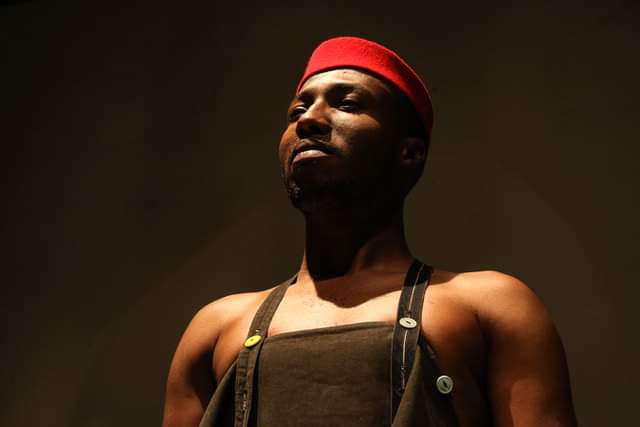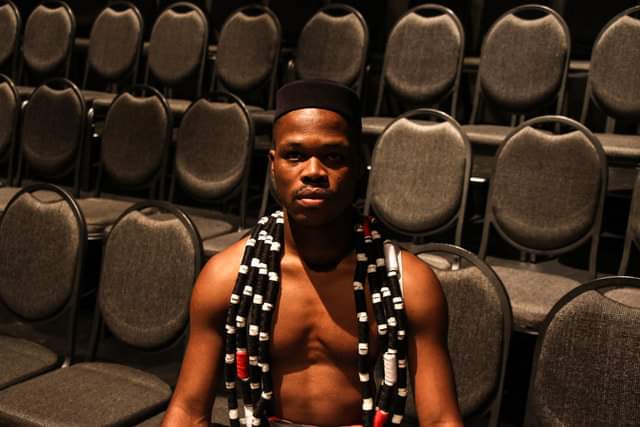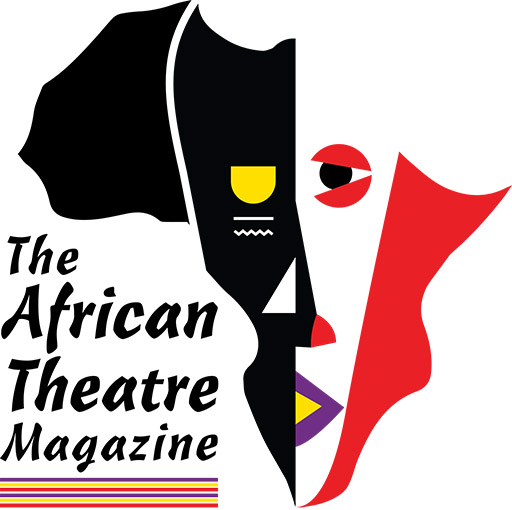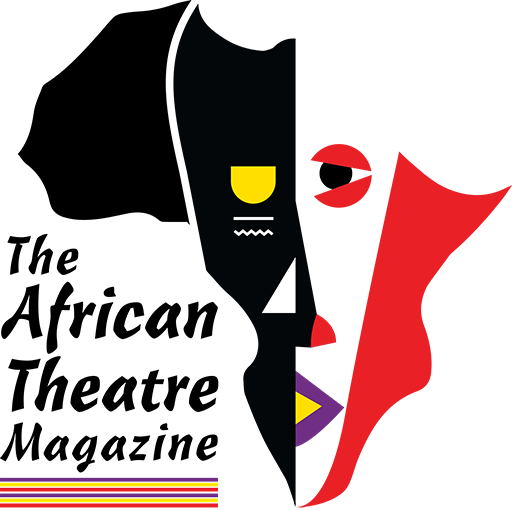Collaborators Billy Langa and Mahlatsi Mokgonyana better known as ‘Theatre Duo’ are what one could describe without much hesitation as the very embodiment of creativity, talent and passion. The two, who met as students during their days studying at the world acclaimed The Market Theatre Laboratory or Lab (founded by theatre and now Hollywood royalty, Dr John Kani and Barney Simon in 1988) are one of the most talked-about creative forces on the local theatre scene due to the kind of work they are producing which has been described as edgy and ground-breaking.
With an unprecedented two shows running concurrently at different venues run by their alma mater The Market Theatre – the Standard Bank Ovation and multiple award-winning Tswalo and a directorial effort of Eugene Ionesco’s The Rhinoceros, performed by Kwasha! Theatre Company the Theatre Duo are certainly not slowing down anytime soon!
I sat down with them at the eclectic artist meeting spot, Outie Bakery in Newtown, Johannesburg right outside The Market Theatre called to find out more about this dynamic duo.
Since both Billy and Mahlatsi would either answer each other’s questions or finish off where one of them would have stopped and vice-versa, it’s almost impossible to ascribe comments to one or the other. The two also insisted that they are a collective so, the responses below are a reflection of that fact.

Q – Thank you for agreeing to this interview with The African Theatre Magazine. My first question just to set the scene would be to find out if you have now found a PA since I saw a job ad sometime back where you were looking for a P.A?
A – We haven’t yet found a PA, it has been busy – but we received lots of CV’s and interest so hopefully we will appoint someone soon.
Q – The idea of collaboration seems to be the key component to your work, I could even go as far a describing you as ‘serial collaborators’, would you agree with that description of your working process and what is it about collaboration that appeals to you so much?
A – We absolutely believe in working collaboratively – and we agree that we could be defined as serial collaborators – through not all collaborations work which is a sense is the nature of collaborations – but the point is they happened which is important – it is also about co-elaborating where you work to further clarify ideas and processes and also the co-operation which is required for the collaboration to work. We also find value in the concept of duality – left and right will always balance and we don’t collaborate in our own spaces only because what would be the point? – an example is when we went to Germany we went there to research and to find a different way of working which includes lots of visual art elements – and for us the benefit is to advance where we sit as theatre makers – and also to expand on ideas that can propel story. The one thing we know is that resistance to innovation is not something we subscribe to – if you are resistant, your work becomes monotonous meaning there is no colour palette which is what collaboration is about.
Q – Closely linked to the earlier question, most if not all of your work seems to be cross-disciplinary and goes beyond confines of genre is that a deliberate approach or more survival mechanism?
A – It is partly about survival, you realise the life of theatre maker is limited to theatre people – and that the career trajectory or journey is so predictable in that one starts off as an actor then director then producer and eventually have some executive position at some institution which is all rather mundane – when you work across disciplines it means you are offering solutions because many countries when there are problems they call economists and other experts but artists and theatre-makers need to also be in those spaces – so we focus not only on survival but also exploring our curiosity which is what leads to innovation.
See also: Koleka Putuma’s No Easter Sunday for Queers is Powerful and Timely!
Q – You have also worked in experimental spaces such as The Centre for the Less Good Idea in Maboneng – how was that like and how did that contribute to your craft?
A – We need a lot of spaces like The Centre for the Less Good Idea because they are more ‘process-focused’ which gives artists room to play and discover – however it’s not enough to expect the Centre to do it all by themselves – we can create other spaces which are digital but which offer the same environment which promotes what the The Centre for the Less Good Idea has been seeking to cultivate – also established institutions also need to create and put resources into such spaces for them to function and be sustainable because their main role would not be income-generation.
Q – Now to the show which you are doing at The Market Theatre, Tswalo, you produced it yourselves and it did extremely well – now you get to co-produce with a major entity like The Market Theatre how has that been like and what are you expecting?
A – Tswalo for us is an ode to African modes of storytelling – it is about the inherent musicality which is a hallmark of African storytelling – it is about exploring how our people tell stories – in our artistic expression as African people, things do not necessarily need to be understood, it needs to be felt and Tswalo plays in that territory. We also unpack the ‘Call and Response’ technique which is found in most African storytelling tradition. Tswalo diminishes the concept of the solo performer – we collapse the idea of the 4th wall – we collapse the idea of watching the story as individuals so we speak of a community watching and witnessing a performance.

Working with The Market Theatre as independent producers and theatre-makers has been interesting because we are used to making work with very small or no budgets and now, we have a huge machinery and resources at our disposal so that has been quite a huge paradigm shift for us.
As independent producers doing work without the support of institutions – the institutions are also curious as to how we operate from outside so to speak – they are also learning from the radical thinking and work ethic of us as independent theatre makers – it is challenging so we try find common ground for the working partnership to be successful – we are not used to the bureaucracy and red-tape so working with institutional spaces which have whole marketing departments, publicity , PR , etc – when as independent theatre-makers we are used to doing EVERYTHING for ourselves has been quite an experience!
We are excited that showing Tswalo in this venue will help us access a different audience, that when we then do other work as independent producers that audience which has watched our work now will also come watch our work at the other non-traditional theatre venues where we normally do our shows.
Tswalo been 3 years in the making and has done very well for us so to celebrate the show’s 3rd anniversary at The Market Theatre which of course is home for us (having both studied at The Market Laboratory) is amazing and also the fact that The Market Theatre is celebrating 30 years of existence is a major milestone for them and for us to be part of these celebrations having been asked by The Market Theatre to direct Kwasha! Theatre Company, the residential company based at Windybrow Theatre (an entity of The Market Theatre) in Eugene Ionesco’s The Rhinoceros is nothing short of coming full circle and the theatre-gods smiling upon us as Theatre Duo.
Lastly, some exciting news is that Tswalo which is already locally published under the Time Sequence series supported by the Arts and Culture Trust is also getting another edition and an audio book (which will not be a CD but a Cassette) in German – so that is very exciting for us!
Photos by Zivanai Matangi
Tswalo, performed by Theatre Duo will be at The Market Theatre from 2 – 27 October 2019 and The Rhinoceros performed by Kwasha! Theatre Company directed by Theatre Duo will also be at The Market Theatre from 4 – 20 October 2019.







Discussion about this post